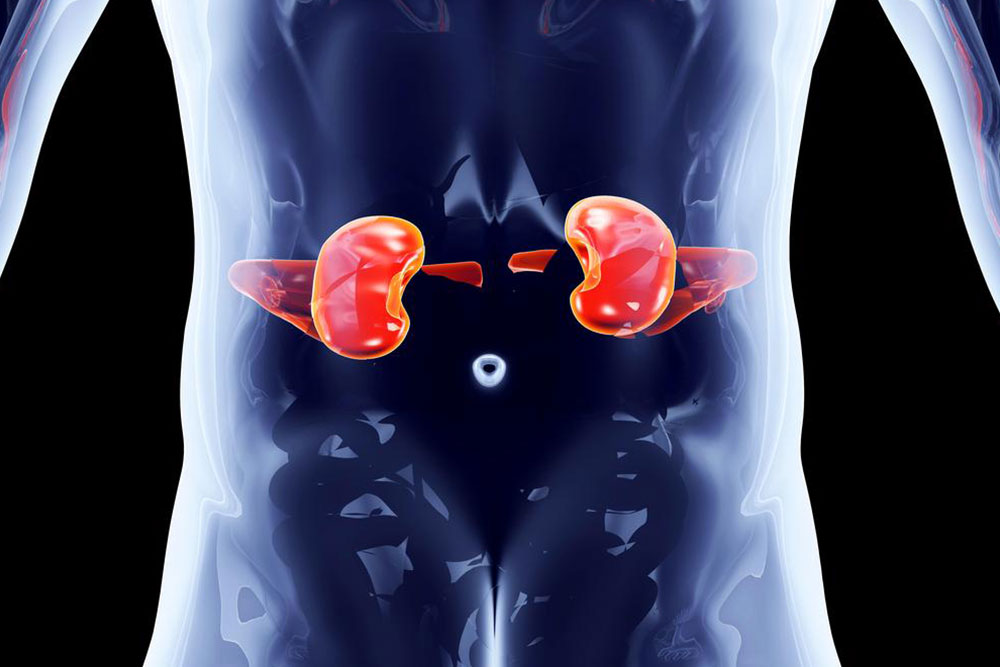Key Causes and Prevention Strategies for Leukemia
Learn about the key risk factors associated with leukemia and discover effective preventive measures. This guide highlights lifestyle changes, dietary advice, and regular check-ups that can reduce your chances of developing this blood cancer. Understanding these factors empowers you to make informed health decisions and stay ahead in disease prevention.
Sponsored

Leukemia is a blood cancer originating in the bone marrow, where abnormal white blood cells multiply rapidly, disrupting normal blood cell production essential for fighting infections. Besides leukemia, blood cancers like lymphoma and myeloma also exist. Understanding the risk factors that contribute to leukemia can empower individuals to adopt preventive measures and reduce their likelihood of developing the disease.
Several factors increase leukemia risk. Learning about these can help guide lifestyle choices to lower susceptibility.
Tobacco Use – Smoking introduces carcinogenic chemicals into the body, significantly raising leukemia risk.
Radiation and Chemical Exposure – Prolonged exposure to high radiation levels or workplace chemicals like solvents can elevate the chances of developing leukemia.
Blood Cell Disorders – Conditions like myelodysplastic syndromes interfere with normal blood cell production, increasing leukemia risk.
Genetic and Rare Diseases – Diseases such as Down syndrome, Fanconi anemia, Bloom syndrome, and ataxia-telangiectasia are linked to a higher likelihood of leukemia.
Family History – Having a close relative with leukemia increases personal risk, though many cases occur without familial links.
To reduce leukemia risk, consider the following preventive approaches:
Minimize Exposure to Risks – Avoid high radiation doses, harmful chemicals, smoking, and tobacco.
Maintain a Healthy Diet – Opt for natural, whole foods over processed and junk foods to boost immune health.
Adopt a Healthy Lifestyle – Regular exercise, quality sleep, and maintaining a healthy weight can enhance overall health and reduce disease risk.
Schedule Routine Health Checks – Regular medical screenings help detect early signs of leukemia, enabling prompt treatment and better outcomes.






